There are a ton of possible website platforms. The options range from things that are totally beginner friendly, all the way to completely custom code by master developers.
So, you may ask, what website platform should I use? It really depends on your goals and your business.

List of Website Builders
For the sake of simplicity, we’re going to stick to a few of the most common. We’ll cover what they are, and what are the pros and cons of each.
Here is the list of website builders we’ll look at:
- WordPress
- Squarespace
- Wix
- Shopify
- Weebly
WordPress: Best Website Builder Software
We’re going to make the bold claim that WordPress is the best website builder software overall for small businesses. WP is an open-source content management system that is used by nearly 43% of all websites, so you’re in good company.
Pros of Using WordPress
- Highly customizable: It is open source, which means that tons of people have built free (and paid) themes and plugins. That means you can customize your website with minimal effort.
- Easy for non-technical people: Not only is it designed to be user-friendly, but the internet is also full of helpful tutorials to fix nearly any problem.
- Search Engine Optimization (SEO) focused: Many companies that do SEO professionally recommend WordPress (including us!). And that’s always a focus in new versions.
- It grows with you: Themes, plugins, and the platform as a whole can support sites of all sizes.
Cons of Using WordPress
- Challenging initial setup: The initial setup of WordPress can be more intimidating for non-technical people. Basically, this is because there are so many options from so many different companies to support it.
- Security issues: The downside of a popular, open-source platform is that hackers can easily target it. But, make sure you use trustworthy plugins and keep them updated, and your risk is substantially less.
- Performance problems: Another problem with all these different plugins is that it can be tempting to have too many. And they often don’t care about resource usage individually, so it leads to slow sites.
- Plugin wars: When plugins aren’t slowing each other down, they are sometimes causing different problems for each other. That’s when you need experienced help figuring out what causes the problems.
Squarespace: Best Website Builder for Small Business
We believe Squarespace is the overall best website builder for small business sites because of ease and stability. But, it’s not the cheapest or most flexible.
Pros of Using Squarespace
- Easy to use: It’s built and maintained by a company, so they focus on making it easy and have good customer support.
- Reliable and safe: They lock the doors much more so than the open-source WordPress, so it stays running well and does a better job of squashing hackers with zero effort on your part.
- Native features: Squarespace maintains a lot of functionality without requiring plugins. That means things typically work really well, really easily.
Cons of Using Squarespace
- Cost: It can cost more than a lot of others. Think of it as the premium option.
- Not as much customization: It keeps its doors locked, as we said. So it can be harder to make it do things it wasn’t specifically designed to do (which come up more often than you would think).
- Can’t depend on plugins: You don’t have all the options for third-party plugins like you do with WordPress.

Wix: Easiest Website Builder
Think of Wix as basically a middle ground between Squarespace and WordPress. It has more customization and flexibility, but is also very easy to get set up. The only downside is that it’s not as strong in either area.
Pros of Using Wix
- Template choices: To get started, you can choose from quite a few templates, and they fit many small businesses pretty well.
- App options: They have a dedicated app market to get pre-built plugins, but it’s smaller than the options for WordPress.
- Easy interface: There is a lot of dragging and dropping, and it’s specifically designed for people to get the website they want without having to think about what “code” is.
Cons of Using Wix:
- Less control: Just like Squarespace, you can’t always get it to do what you want.
- Price: It doesn’t have all the competing providers like WordPress, so you’re stuck with the one option (and any price changes they decide on).
- Weaker SEO: Some will argue with this, but it doesn’t seem to perform as well for SEO purposes.
Shopify: Best Website Builder for Online Store
Shopify came into existence for one purpose: eCommerce. That doesn’t mean it doesn’t work well as an overall website, but you really only want to consider it if you will primarily be a web store. If you’re asking what website platform should I use for a site that doesn’t sell things, then skip this section.
Pros of Using Shopify
- Super easy eCommerce: It’s really easy to get it set up and going, and it also helps you manage the whole rest of the eCommerce process – not just the website.
- Nice templates: It has a lot of native (and third-party) templates designed specifically for web stores.
- eCommerce plugins: There are a lot of Shopify apps (native and third-party) for all your selling needs, such as inventory management, subscription boxes, etc.
Cons of Using Shopify
- Cost: It works great, but you pay for it. Also, you may need to add additional apps or features as you grow, and these often come with price increases that will eventually add up.
- Not as customizable: Again, this one is managed by a company, so it’s not as easy to make it do everything that you want.
- Fees: Shopify also charges fees for transactions and other services. Make sure to take a good like at their pricing page before signing up.
Weebly: Honorable Mention
Weebly is another builder that targets small business owners, and wants it to be easy for them to make great sites. It’s worth including on our list because it focuses specifically on eCommerce.
Pros of Using Weebly
- Easy to use: Easy to set up and use, even if you’re not technical.
- Templates and features: It has a diverse selection of features to use, and lets you start from a template.
- Good customer service: It’s operated by a company, so they can help you out before you throw your laptop out the window.
Cons of Using Weebly
- Cost: It isn’t necessarily the cheapest, and the features don’t really stand out.
- Less customization: Like some of the others, it is limited what you can do with it.
- Need to get used to it: There is a bit of a learning curve to get used to the interface, but that’s not necessarily unique to Wix.

Choose The Right Website Platform Before You Start
You started reading this by asking, what website platform should I use?
Do you have an answer yet? If not, reach out to us, because we love helping you decide (and we can help you build it!).
Just be aware that switching platforms isn’t always as easy as you want it to be, so try to pick one you’ll be happy with for a long time.



